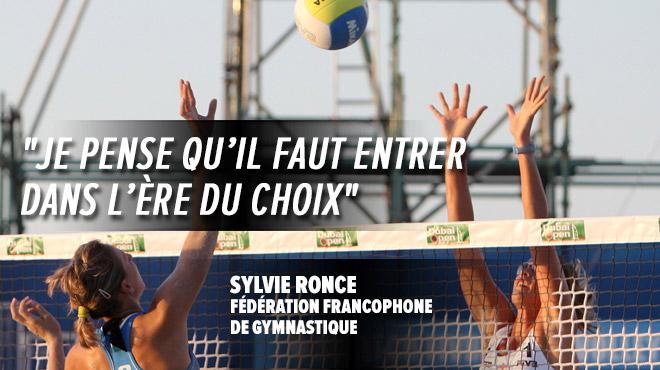
The Olympic Games, which take place in Tokyo, are marked this year again by strong messages from certain female athletes.These sportsmen no longer want outfits imposed on them.This is the case in Beach Handball, especially.
Some athletes no longer accept the outfits imposed on them.A claim carried out by German gymnasts, they have carried out their long -ups service rather than with the short jersey (which has been allowed for barely two years).
Risk of fines
But, they are not the only ones to claim this.In Beach Handball, French players decided not to play with the compulsory bikini, but in shorts.And this despite the risk of fines.Before the Olympic Games, the beach-handballers had done the same thing in the European championship, which had earned them a fine of 1.500 euros.A fine that singer Pink offered to pay.
@Gottalove_jade rite i know all about them.I Even Know How To Clean Chitterlings..
— Queen🐝 Thu Jun 04 02:45:39 +0000 2020
In both cases, the athletes want interest to be focused on the sporting aspect and not on the bikini or the short jersey.Bikini can be a complex for certain players, while men's outfits seem more comfortable.

What should we do?Change the regulations and no longer impose outfits?On the side of the French -speaking gymnastics federation, we approve.Athletes must be able to choose their outfits.Sylvie Ronce, the director, underlines: "Some will feel better with a tunic that does not cover their legs.Others will feel better with a tunic that cover the whole body.I think we have to go into the era of choice ".As is the case in gymnastics, but also in athletics.
Cassandre is 19 years old, she was champion of Belgium at the javelin throwing last year.She made the choice of shorts to compete: "When we see photographers, it is certain that we are not very very comfortable, when we are a little more undressed, so as much to be comfortableIn what we wear, it frees our minds a little ".
A study published in 2008 indicates that 37% of TV plans were centered on the buttocks or cheese breasts during the Beach-Volley tests at the Athens Olympics in 2004.And that, some athletes feel it.
For Aurélie Aromatario, doctoral student in sociology at ULB, the outfits are used only to mark the difference between men and women: "There is a strong difference with what the male athletes wear and that is no longer suitable for athletes".No purely sporting consideration is able to justify an imposed outfit.For many, the outfit should no longer be a legitimacy criterion with the media or sponsors, as is currently the case.







